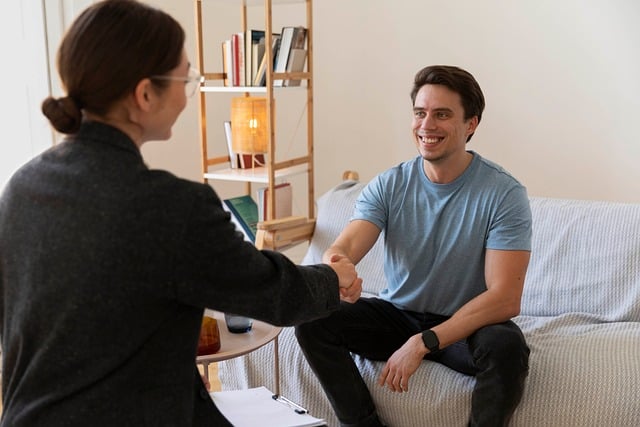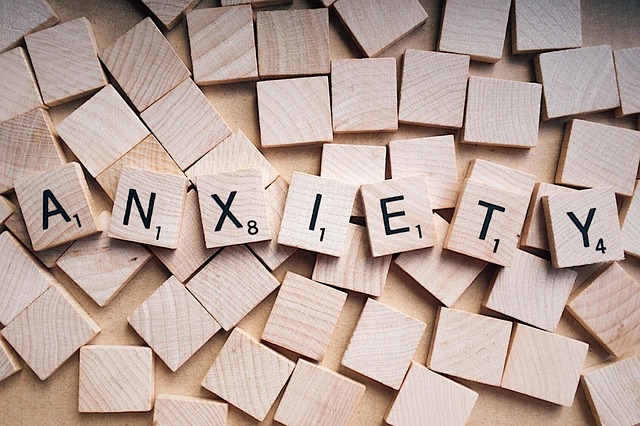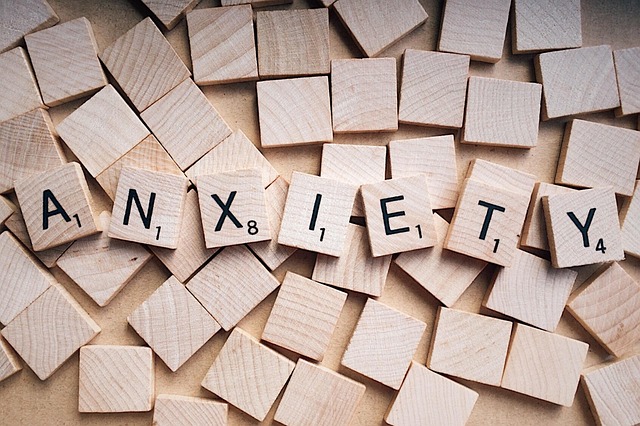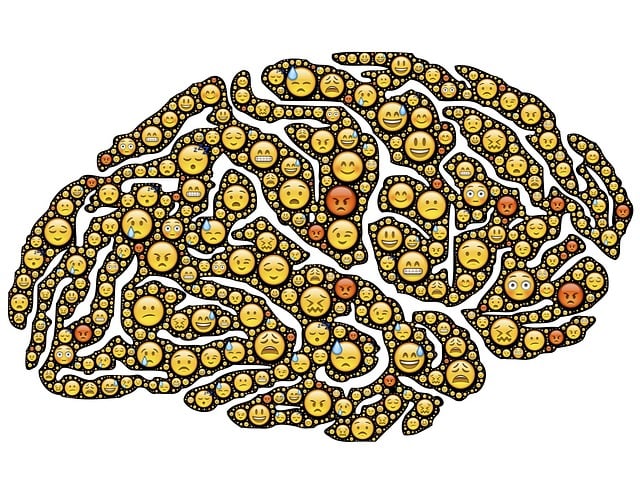Colorado Springs Couples Counseling Therapy exemplifies effective group facilitation in mental health support, creating safe spaces for individuals with diverse illnesses. Through structured sessions, facilitators encourage peer learning, build support networks, and teach coping strategies. Clear communication, active listening, and empathy are key to building trust and fostering inclusivity. Therapeutic activities enhance connection and self-reflection, while measuring progress through standardized tools ensures personalized interventions for improved mental wellness outcomes.
Mental wellness group facilitation plays a pivotal role in enhancing mental health support, particularly in vibrant communities like Colorado Springs. This article explores techniques for facilitating effective group sessions, focusing on creating safe spaces for open dialogue and implementing therapeutic activities. We delve into communication strategies, success measurement, and best practices inspired by the principles of Colorado Springs Couples Counseling Therapy. By understanding these techniques, facilitators can foster profound connections and positive outcomes within their groups.
- Understanding the Role of Group Facilitation in Mental Health Support
- Creating a Safe and Inclusive Environment for Open Dialogue
- Effective Communication Strategies for Group Sessions
- Incorporating Therapeutic Activities into Group Facilitation
- Measuring Success: Evaluating the Impact of Group Counseling Programs
Understanding the Role of Group Facilitation in Mental Health Support

In the realm of mental health support, group facilitation plays a pivotal role in fostering a sense of community and enhancing recovery for individuals grappling with various mental illnesses. As Colorado Springs Couples Counseling Therapy attests, facilitating supportive groups can significantly contribute to reducing the stigma associated with mental illness—a crucial step towards fostering open dialogue and encouraging those in need to seek help. Through carefully structured group sessions, facilitators create a safe space where participants can share their experiences, gain valuable insights from peers, and build a network of support, ultimately bolstering their inner strength.
This collaborative approach not only complements individual therapy but also empowers members with practical tools for coping and self-care. By engaging in mental wellness coaching programs development, facilitators enable participants to navigate challenges collectively, cultivate resilience, and discover personal growth opportunities. Such group dynamics can be transformative, offering a sense of belonging and encouragement that extends beyond traditional one-on-one therapy sessions, ultimately contributing to improved mental wellness outcomes.
Creating a Safe and Inclusive Environment for Open Dialogue

In facilitating mental wellness groups, creating a safe and inclusive environment is paramount to encourage open dialogue and foster meaningful connections. This begins with establishing clear ground rules that emphasize respect, confidentiality, and non-judgment. At our Colorado Springs Couples Counseling Therapy center, we prioritize a welcoming atmosphere where individuals feel empowered to share their experiences without fear of criticism or repercussions. By promoting active listening and empathy among group members, facilitators can help participants navigate sensitive topics, fostering emotional regulation and coping skills development.
A key aspect of cultivating inclusivity involves ensuring diverse perspectives are valued and represented. This includes actively reaching out to underrepresented communities and implementing community outreach program initiatives. By embracing a range of identities and backgrounds, mental wellness groups can offer more nuanced support tailored to different needs, ultimately enhancing the overall therapeutic experience for all participants.
Effective Communication Strategies for Group Sessions

In effective mental wellness group facilitation, clear and empathetic communication is key. Facilitators in Colorado Springs Couples Counseling Therapy must model active listening by giving full attention to each participant, paraphrasing their sentiments, and ensuring understanding. This creates a safe space where individuals feel heard and validated, fostering openness and trust among the group. Non-verbal cues, such as maintaining eye contact and using appropriate body language, further enhance this process.
Additionally, incorporating crisis intervention guidance techniques can help navigate sensitive discussions. Facilitators should be adept at recognizing signs of emotional distress and providing immediate support or referring individuals to specialized services when needed. Beyond communication, integrating Mental Health Policy Analysis and Advocacy ensures that the group’s dynamics reflect broader social norms and mental health practices, promoting inclusivity and progressive mental wellness management strategies. Social Skills Training is also valuable, teaching participants effective interpersonal communication techniques to build stronger connections within the group setting.
Incorporating Therapeutic Activities into Group Facilitation

Incorporating therapeutic activities into group facilitation is a powerful strategy that enhances the overall mental wellness experience in Colorado Springs Couples Counseling Therapy settings. These activities serve as valuable tools to foster connection, encourage self-reflection, and promote positive change among participants. For instance, engaging in structured Self-Awareness Exercises can help individuals gain insights into their emotions, behaviors, and thought patterns, laying the foundation for personal growth.
Group facilitation techniques that integrate therapeutic activities create a safe and supportive environment where members can explore sensitive topics, build resilience, and develop effective coping mechanisms. Moreover, these interactive approaches can be tailored to address specific issues, such as stress management, through well-structured Workshops Organization sessions. By seamlessly blending therapeutic practices into group settings, facilitators enable participants to not only learn but also apply practical skills that contribute to improved mental wellness, ultimately benefiting individuals seeking support in Colorado Springs Couples Counseling Therapy contexts.
Measuring Success: Evaluating the Impact of Group Counseling Programs

Measuring success in group counseling programs is a critical aspect of ensuring effective mental wellness facilitation. It involves evaluating the impact and outcomes of the sessions on participants’ lives, which can be achieved through various methods. In Colorado Springs Couples Counseling Therapy, for instance, facilitators often use standardized questionnaires and personal narratives to gauge progress. These tools allow individuals to reflect on their experiences, tracking improvements in areas like social interaction, emotional regulation, and overall life satisfaction.
By examining changes in symptoms of anxiety relief and the development of self-care routines for better mental health, therapists can tailor interventions accordingly. Moreover, focusing on inner strength development enables participants to navigate challenges more effectively. The success of these programs lies not only in immediate improvements but also in the lasting cultivation of resilience and well-being among group members.
Group facilitation plays a vital role in enhancing mental wellness, as evidenced by successful programs like those found in Colorado Springs Couples Counseling Therapy. By creating safe and inclusive environments, employing effective communication strategies, incorporating therapeutic activities, and measuring success through evaluation, facilitators can profoundly impact individuals’ journeys towards improved mental health. These techniques foster open dialogue, build resilience, and offer support networks that are powerful tools for personal growth and recovery.








